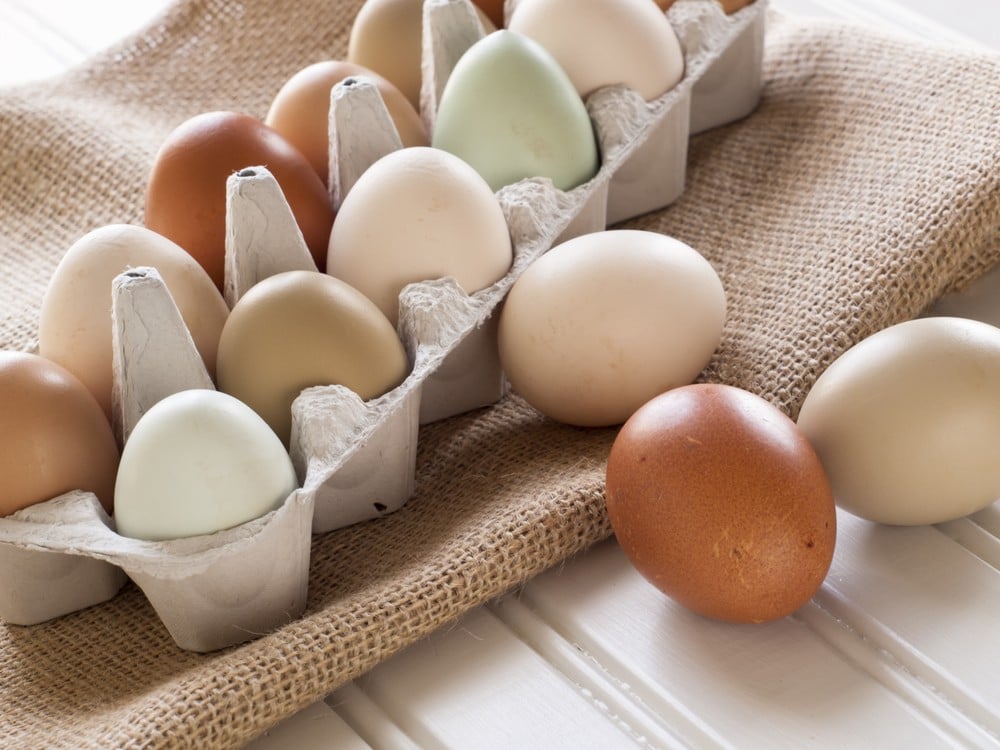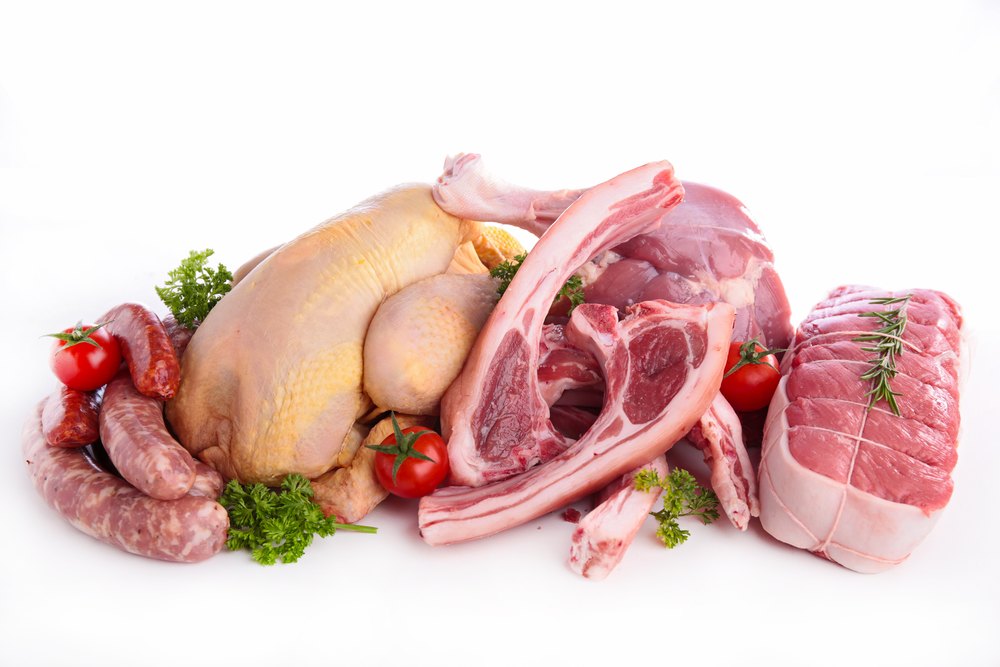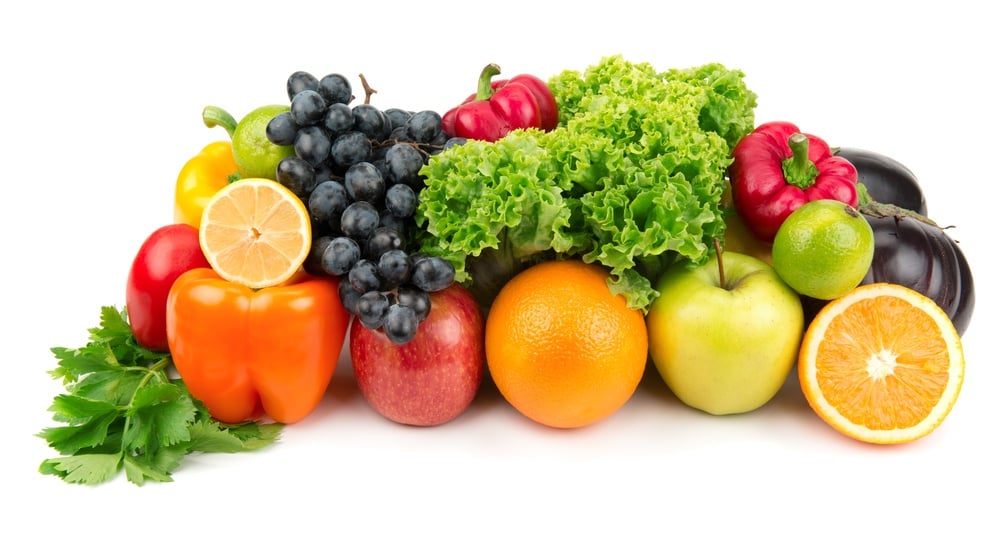You Need to Avoid Some Dairy Products
Dairy, in general, is good for pregnant women because it gives you — and your baby — important nutrients like calcium and protein. However, there are some particular dairy products you should give a miss. Mostly, what you need to avoid are cheeses that have not been made from pasteurized milk. These can include brie, camembert, feta, roquefort and other blue cheeses, queso blanco, queso fresco and paneta. The reason? Cheese made from unpasteurized dairy can harbor listeria bacteria. This can cause listeriosis, the condition which can lead to miscarriages, stillbirths and other serious health issues if women get this infection while pregnant.
You Should Also be Careful of Your Eggs
Again, eggs in general are okay — as long as they are completely cooked. They will provide you and your baby with protein and vitamins D and E, among others. However, raw or undercooked eggs can harbor the bacteria salmonella, which can cause food poisoning (salmonellosis) and other complications during pregnancy. The real danger here is eating raw eggs without realizing it. There are many food products that do, or may, contain raw eggs, including sauces like béarnaise or hollandaise, condiments like homemade mayo and desserts like raw cookie dough, homemade ice cream and mousse.
You Should Avoid Some Meats as Well
When it comes to meat, there are a lot of no-no’s to keep in mind — and some might surprise you. First off, any fresh meat that you eat must be thoroughly cooked. You need to use a food thermometer and make sure that whole cuts of meat reach at least 145 degrees, ground meat 160 degrees and chicken breasts 165 degrees. This is because raw meat contains a parasite called toxoplasma, which can give taxoplasmosis to you and your baby. You should also avoid deli and processed meats like hot dogs as well as pâtés and smoked, refrigerated meats like smoked salmon. All of these can harbor the listeria bacteria which, like unpasteurized dairy, can give you listeriosis. And the one meat you should avoid no matter how thoroughly it is cooked is liver. Yes, it’s high in iron but it also contains high amounts of vitamin A in the form of retinol. Too much vitamin A during pregnancy has been linked to birth defects.
You Need to Be Cautious with Fish and Seafood
Fish is good for you and your baby — as long as it is within limits. It is recommended that women limit their fish intake to two portions a week, however, because of the possibility of mercury in the fish. Mercury is a neurotoxin, which means it can do damage to the baby’s nervous system and brain. Fish that are highest in mercury include king mackerel, shark, tilefish, swordfish and marlin. The best choices — which tend to be lowest in mercury — are catfish, cod, salmon and canned, light tuna. Raw fish or shellfish, such as sushi or raw oysters, should never been eaten during pregnancy. They can harbor both parasites and bacteria and are a common cause of food poisoning.
You Need to Know about Unsafe Preparation of Fruits and Veggies
Fruits and veggies are great to eat when you are pregnant. But you need to know about unsafe preparation habits that you need to avoid. Firstly, never eat unwashed fruits or vegetables when you are expecting, because this, too, can put you at a higher risk for toxoplasmosis. Do not use soap to clean: instead, use water and a small scrubbing brush to gently cleanse and rinse the surface of the fruits and vegetables. Another thing to be aware of is unpasteurized fruit juices, such as those made fresh in health food stores, health-conscious restaurants and fruit juice bars. Yes, these juices are loaded with nutrients – but they can also be loaded with salmonella and E. coli, neither one of which you want in your body, especially while pregnant! Lastly, do not eat any kind of raw, sprouted grains such as alfalfa or clover. These can harbor bacteria as well.
You Should Watch What You Drink as Well
What you drink while you are pregnant can be just as important to your baby’s health as what you eat. To begin with, of course, no amount of alcohol is considered safe during pregnancy, due to the risk of fetal alcohol syndrome. And it is recommended that women limit their caffeine intake to around 200mg a day. Excessive caffeine can increase the risk of miscarriages and stillbirths.
You Can Get More Information about What Not to Eat When Pregnant
This may seem like a lot to remember — but there are printouts to help remind you. For even more information on this topic, the Department of Health and Human Services has a wonderful printout about what specific foods are best to avoid. Basically, though, if you stay with thoroughly cooked eggs and meats, pasteurized dairy, and properly prepared fruits and veggies, you will be on track to keeping you and your baby healthy.




